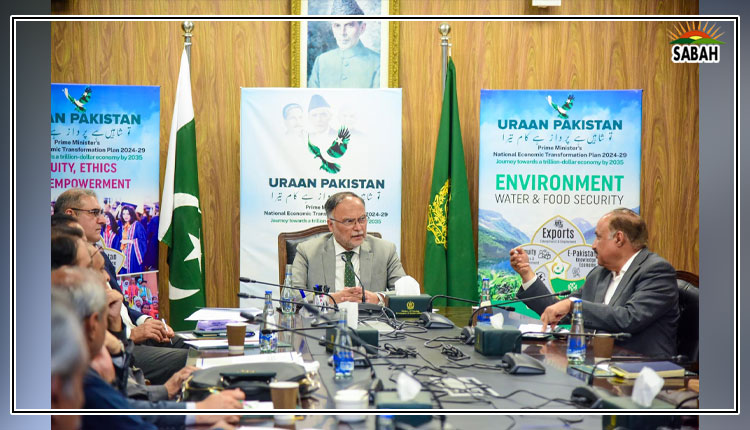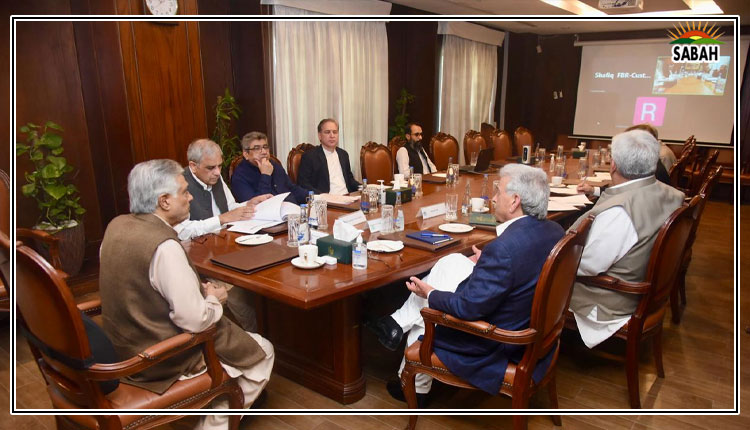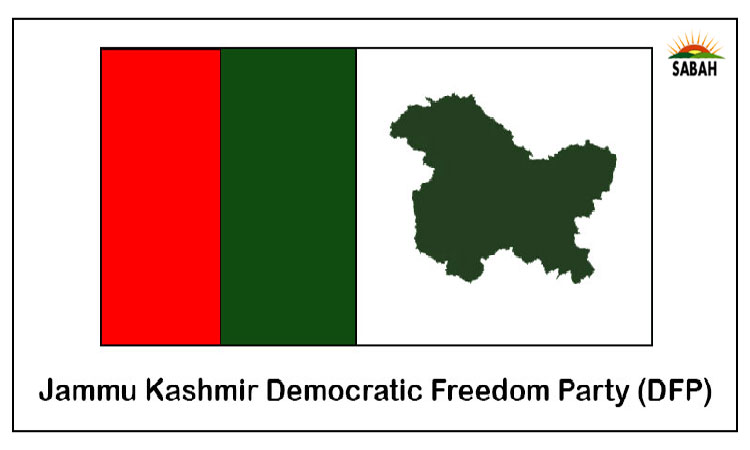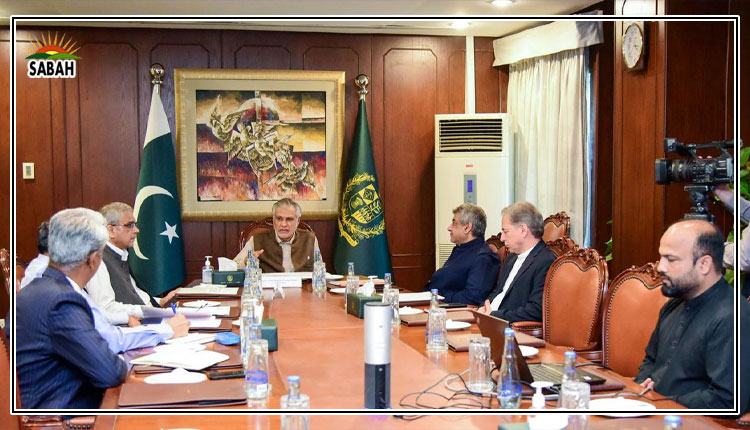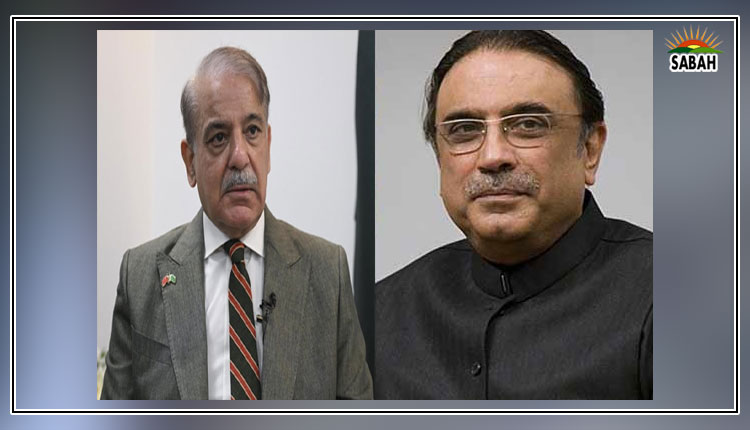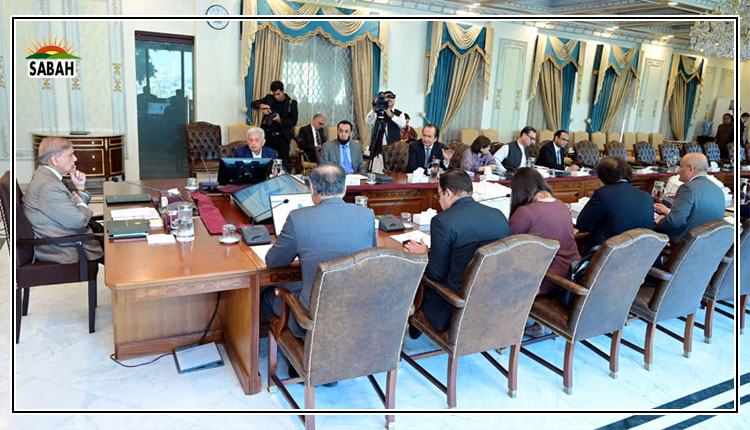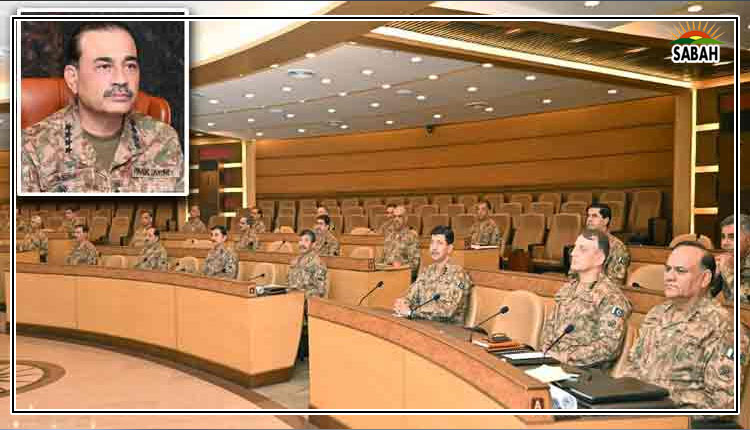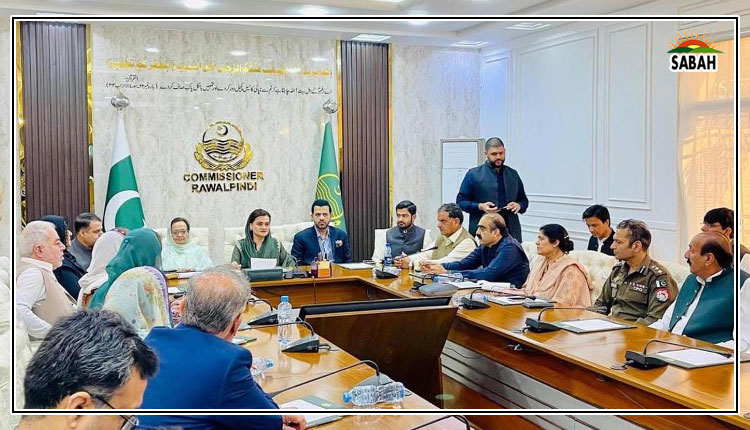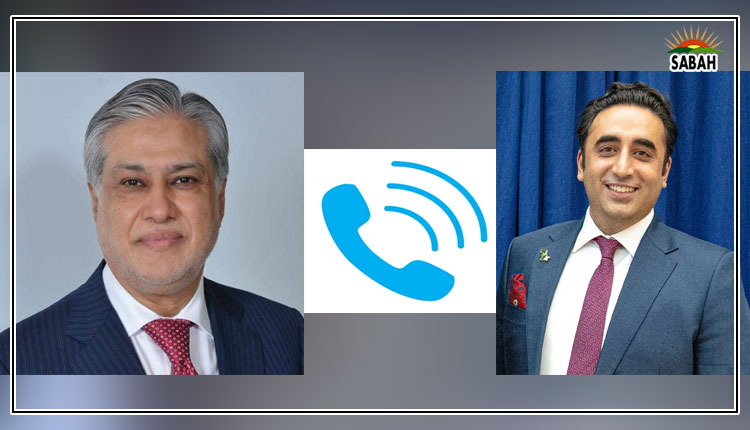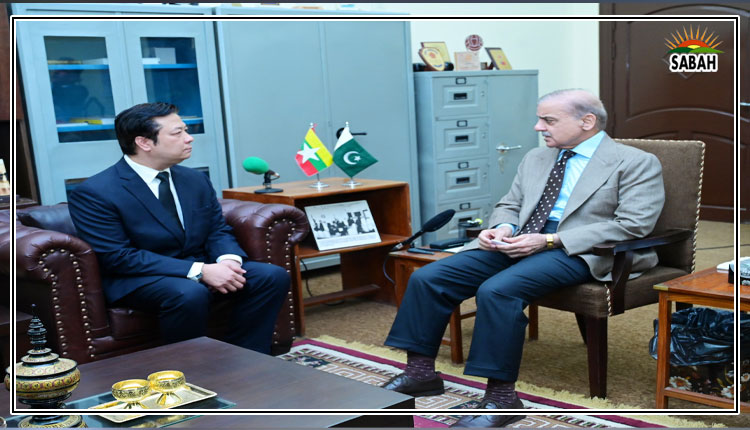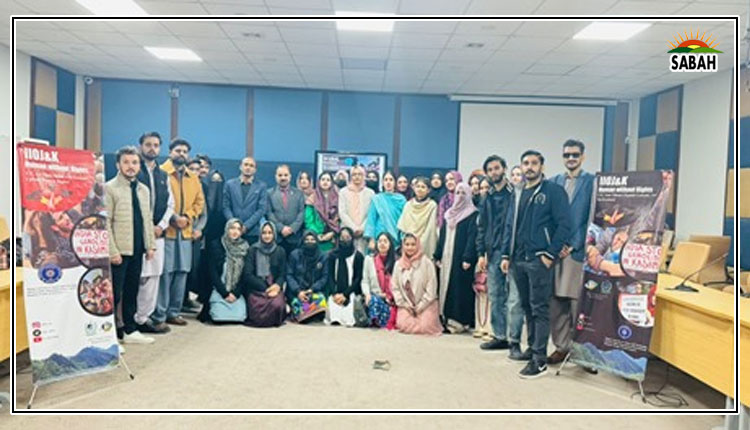On Int’l HR Day, IDDDs, in collaboration with Mirpur University of Science & Technology organizes a thought-provoking roundtable seminar titled ‘IIOJ&K: Humans Without Rights’
MIRPUR, Dec 12 (SABAH): On International Human Rights Day, Institute of Dialogue, Development & Diplomatic Studies (IDDDS), in collaboration with the Mirpur University of Science and Technology, the Department of International Relations at MUST AJK, organised a thought-provoking roundtable discussion/seminar titled “IIOJ&K: Humans Without Rights.” followed by Relay to Shaheed Chowk Mirpur.
The event began with an inspiring welcome address by Prof. Dr. Tahseen Ghaus, Dean of FSS, who emphasised the importance of a practical approach to the Kashmir cause and encouraged the youth to step up and push for justice, which has often been overlooked.
Dr. Abida Rafique, in charge of the IR Department, highlighted the need for academia to engage more deeply with the Kashmir issue, emphasising the connection between human rights violations and the Sustainable Development Goals (SDGs).
Farukh Avais, DEO Mirpur, discussed the revocation of Article 370 and its profound legal consequences for the people of Kashmir.
Dr. Waleed Rasool, Convener of HEC Research and Academics, shared a crucial perspective on the role of a stable and powerful Pakistan in securing human rights for the people of IIOJK. He pointed out that human rights can only be safeguarded in IIOJK if Pakistan is stable, sustainable, and strong.
He also discussed several key points: The state is the unit of analysis globally: For Pakistan to play an influential role in global discourse, internal fault lines must be addressed to ensure unity.
He said, “International law supports power: A strong state can leverage international law to protect its interests, whereas weaker states often find their laws manipulated or ignored. Unity is strength: Collective efforts and unity within Pakistan are essential to give Kashmiris a fighting chance for justice”.
“Regarding critical thinking and global perspectives, we must develop the habit of looking at issues through a broader, world-view lens, considering the bigger picture,” he added.
He said, “Using methods like the Socratic model of dialogue can help create deeper academic engagement and drive more meaningful discussions on Kashmir.”
A powerful presentation was also delivered by Iman, a 7th-semester student of the IR department, who shed light on the alarming issue of women’s human rights violations in IIOJK. From the horrors of Kunan Poshpura to the ongoing plight of half-widows, her presentation exposed the deep-rooted injustice that continues despite overwhelming evidence.
The seminar also featured active participation from IR Department students, who engaged in a Q&A session, contributing insightful questions and reflections on the Kashmir issue. Their involvement demonstrated the growing interest and commitment among the youth to address human rights violations and seek justice for Kashmiris.
Additionally, faculty members from the IR Department, Mustansar Klasra, Aneela Kiran, Abdul Qadir, and Shern Bano, were present, contributing to the discussions and offering valuable insights.
The seminar was concluded by Dr. Abida Rafique, who reiterated the need for more academic dialogue and action in addressing these critical human rights concerns.


